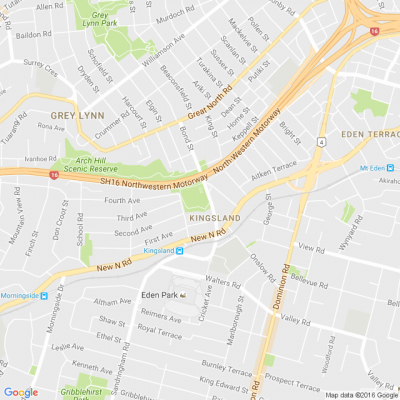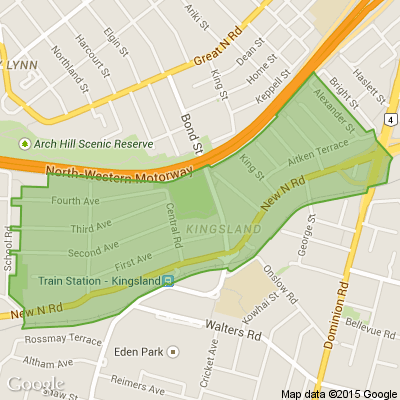Auckland: School holiday events
Monday, 15th July:
Heard Park after Dark - Parnell
Art Gallery drop in craft - Auckland Art Gallery
Waterworld @ The Y Cameron Pool and Leisure Centre - Mount Roskill
Free Bricks 4 Kids Lego workshop - Milford
Tuesday 16 July:
Lego Building - St Heliers Library
Create Button Animals - Blockhouse Bay Library
Movie & Popcorn @ Kumeu Library - Kumeu Library
Brilliant Seabirds - Maritime Museum, Takapuna
Wednesday, 17 July:
Kahoot! Quiz - Kumeu Library
Tree Planting - William Souter Reserve
Decorate a 3D Star - Kumeu Library
Create a Matariki gift - Grey Lynn Library
Thursday 18 July:
Yoga & Storytime - Parnell Library
Cinderella - play - Glen Eden Playhouse Theatre
Create a bird feeder - Kumeu Library
Make Origami Star Box - Blockhouse Bay Library
Friday, 19 July:
Baby Baroque free kids concert - New Lynn Community Centre
Auckland Museum Lego Exhibitiion - Auckland Museum, Parnell
CD Hovercrafts and Vortex Tunnels - Mt Roskill Library
Saturday, 20 July:
Opening of Derby Square - markets, food, fun - Takinini Town Centre
Five go on an advernture - Play - Tim Bray Theatre, Takapuna
Matariki Market - Onehunga Library
Family movie at the Library - Onehunga Library
Community tree planting - Atiu Creek Regional Park, North Auckland
Sunday, 21 July:
Sounds Fun For Kids: Suzy Cato, Mr Roberelli and Chris Sanders - Tuning Fork, Parnell
What else is there to do?
Butterfly Creek
Motat
Auckland Zoo
Howick Historical Village
Auckland Art Gallery
Stardome Observatory
Snowplanet
Rainbow's End
Scultptureum
Thrillzone
Kiwi Valley Farm Park
Aotea Square Ice Rink
Got more ideas? Share them below!

🧩😏 Riddle me this, Neighbours…
I am an odd number. Take away a letter and I become even. What number am I?
Do you think you know the answer?
Want to stop seeing these in your newsfeed? No worries! Simply head here and click once on the Following button.

Some Choice News!
DOC is rolling out a new tool to help figure out what to tackle first when it comes to protecting our threatened species and the things putting them at risk.
Why does this matter? As Nikki Macdonald from The Post points out, we’re a country with around 4,400 threatened species. With limited time and funding, conservation has always meant making tough calls about what gets attention first.
For the first time, DOC has put real numbers around what it would take to do everything needed to properly safeguard our unique natural environment. The new BioInvest tool shows the scale of the challenge: 310,177 actions across 28,007 sites.
Now that we can see the full picture, it brings the big question into focus: how much do we, as Kiwis, truly value protecting nature — and what are we prepared to invest to make it happen?
We hope this brings a smile!

Illuminate Market 2026 is coming soon!
Hosted by Recreate NZ, Illuminate Market is a true celebration of possibility, showcasing the incredible strengths and talents of young people. A space where empowered inclusion comes to life, and the richness of diverse minds is recognised and celebrated. Illuminate Market is the vibrant, socially inclusive world we all want to see.
Bring your whānau and friends along to this joyful community event featuring market stalls, delicious kai, creative workshops, live performances and fun activities for the whole family. Free entry, all welcome!
Saturday 28th March 2026 | 4pm - 8pm
Mt Albert War Memorial Hall & Reserve, 773 New North Road, Mt Albert, Auckland
Illuminate Market is made possible with funding support from Spectrum Foundation and Albert-Eden Local Board.
Follow Recreate NZ on Facebook & Instagram for the latest event updates or visit www.recreate.org.nz....







 Loading…
Loading…




